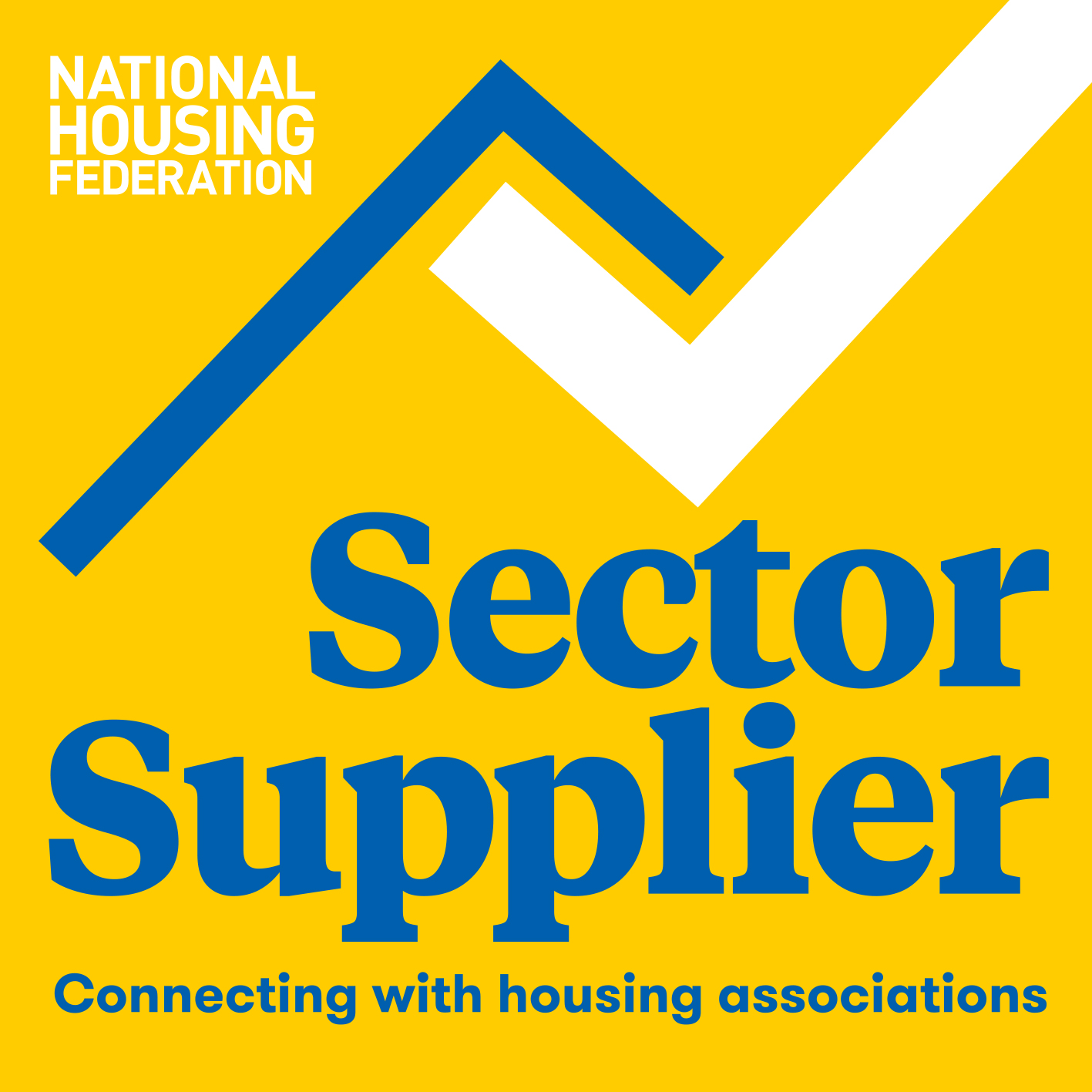News from Alertacall plus articles and insights on how to enhance outcomes for people with higher needs in the housing, health and social care sectors.
Simple follow-up calls could hold the answer to keeping older patients out of hospital. Research conducted by Aston University’s School of Life and Health Sciences suggests that hospital readmissions can be reduced by as much as 41% if patients aged 65 plus are routinely telephoned within 48 hours of their discharge.
Improving patient aftercare by increasing contact and providing information to those discharged from hospital is a central feature of Alertacall’s WellBeing Proactive service. The Aston University research project is consistent with Alertacall’s own findings, due to be released before the end of the year, based on our hospital discharge process.
According to NHS figures published in March 2019, there were 865,625 emergency readmissions to hospital within 30 days of discharge in England in 2017-2018. Furthermore, for those aged over 65, it is estimated that approximately 15 per cent are readmitted within 28 days.
Given that as a nation we’re living longer than ever before (today one-in-six of the population is aged 65 and over, and by 2050 it will be one-in-four) – finding solutions to reduce hospital readmissions will not only free up hospital beds and much needed resource, but will also save money and significantly improve overall patient recovery rates.
Conclusions from the study – simple aftercare can reduce hospital readmissions significantly
The research project undertaken by Aston University [June 2019] looked at two groups of patients aged over 65 in Solihull, West Midlands – 303 who community nurses attempted to contact to offer a home visit after discharge, and a comparison group of 453 others. Of the 303 patients in the intervention group, there was successful telephone contact with 288, and 202 received a home visit.
Almost 16 per cent of the comparison group were readmitted as emergencies within 30 days of leaving hospital. But among those who community nurses contacted and visited, that figure was only 9 per cent. This means that patients, where there was no attempt to contact, were almost twice as likely to be readmitted to hospital within 30 days of being discharged.
Dr James Brown, Senior Lecturer in Life and Health Sciences at Aston University and one of the experts involved in hit Channel 4 TV series ‘Old People’s Home for 4 Year Olds’, said:
“Our work shows that a simple service, whereby community nurses attempt to contact older adult patients after they are discharged from hospital, lead to a significant reduction in the number of patients readmitted within a month.
“While NICE guidance recommends that a discharge coordinator should follow-up with people leaving hospital within 24 hours, the rising rates of readmissions, especially for older people, suggest this isn’t happening as a matter of course.
“This new evidence suggests NHS trusts and community teams could substantially reduce the pressure on their services from simple interventions, potentially freeing up thousands of beds and cutting the huge costs associated with unplanned hospital stays.”*
Reducing hospital readmissions by improving patient aftercare with
WellBeing Proactive
WellBeing Proactive, an Alertacall service, has been designed specifically to provide a cost-effective way for health authorities to maintain daily contact with patients with higher needs in their own homes. Alertacall’s research amongst our own service users discovered that 15% of over 75s discharged from hospital were readmitted within 28 days. This is over one fifth lower than an NHS figure which showed a 19% readmission rate amongst a comparable benchmark group in the general population.
Providing individuals with the opportunity to speak to someone on a daily basis not only helps people to stay safe and independent in their own home following hospital discharge but also improves wellbeing and helps reduce loneliness. How much contact, and how this contact is made, is tailored to each individual patient according to their specific needs.
Patients engage with specially designed devices to confirm their wellbeing on a daily basis or if the patient prefers are called by our highly trained team. The system also enables healthcare professionals to set up medication and appointment reminders, as well as social prescribing prompts.
Changes in the way people engage with the service can change over time and indicate shifts in their needs – our AI provides valuable insights and enables earlier decision with reviewing care packages, care reviews or prescribed medication.
WellBeing Proactive has been developed on the principle that by increasing contact with people, in a way the customer controls, you can better understand changing needs, make better decisions and improve their lives. The technology used is not a replacement for human contact but rather a means of improving patient communication which, as demonstrated by the Aston study, is a key factor in reducing hospital readmissions.
To find out more about WellBeing Proactive and how it can benefit health and social care providers, call Fiona Hasson, Partnerships Manager, on 0808 208 1234 or email contact@alertacall.com








